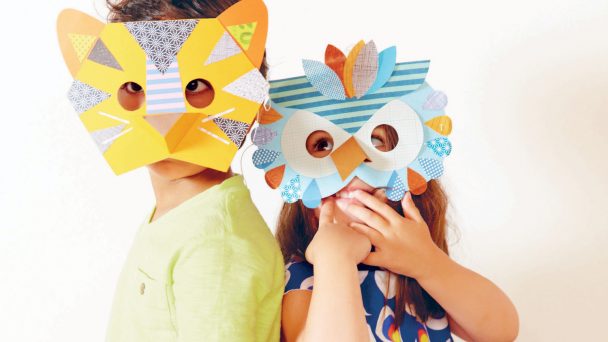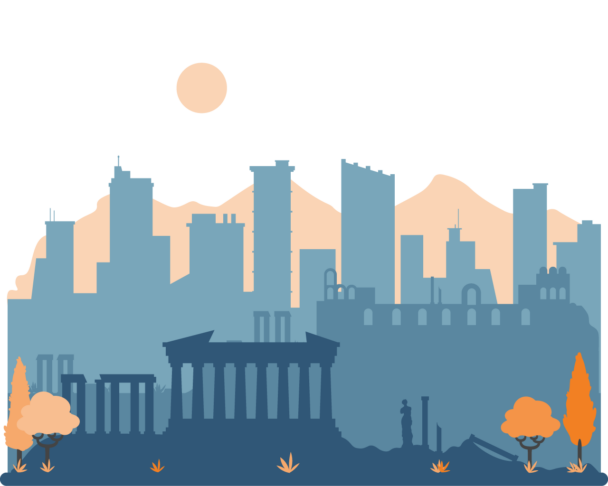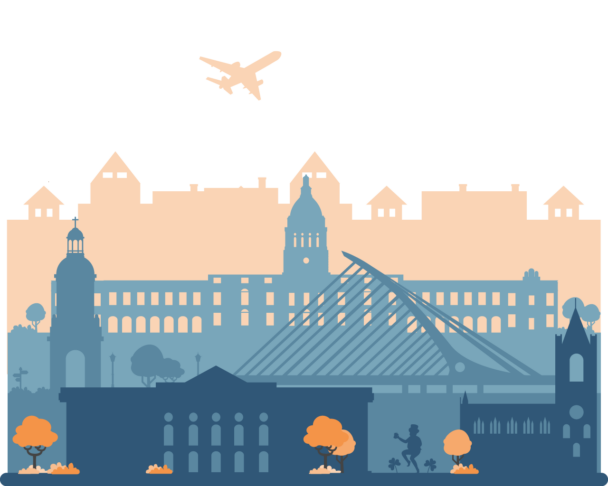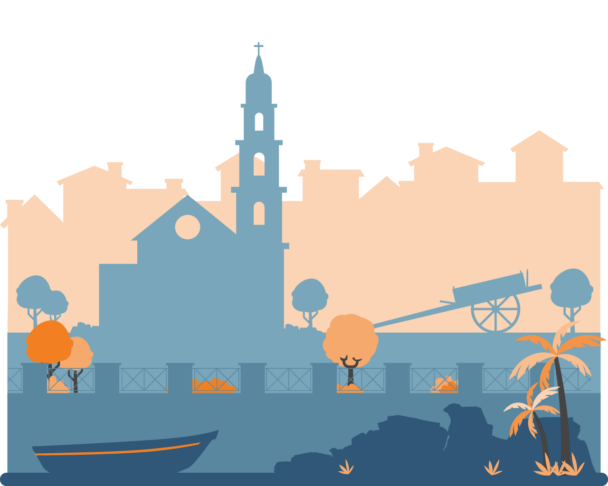Description
In a world where life is getting more and more complicated, conventional education is losing ground. This course proposes a novel approach to education – i.e., one that can bring learning to life, and is more practical, holistic, creative, expressive, and enjoyable for both teachers and students.
Since education is, essentially, a performance art, this course will propose to use drama as a learning tool to develop the social and communication skills of your students.
Participants will acquire novel competencies in coordinating and activating groups in terms of emotional management in an entertaining and creative way and, also, applying expressive tools in various educational contexts. They will be active protagonists since the educational experience will be centered on their own abilities.
Objectives will be carried out through theater exercises, improvisations, simulations, storytelling, somatic (body) techniques, games, and group work.
By the end of the course, participants will know new ways to boost participation, motivation, confidence, self-expression, and cooperative spirit in the classroom, as well as to manage conflict and reinforce the teacher-student relationship. They will have also learned to take the role of facilitators rather than teachers, so they can turn their students into protagonists of their own learning.
The course will also help teachers address the needs of students who have difficulties with their social and communicative skills (e.g., students with Autistic Spectrum Disorder, ADHD, emotional and behavioral difficulties).
What is included
Learning outcomes
Participants of the course will learn to:
- Use drama techniques as a special means of communication and collaboration, especially for students with special needs;
- Develop creativity and motivate pupils;
- Understand the different aspects of body language;
- Respond to students’ challenging behaviors effectively;
- Promote inclusion among members of the school community (teachers, students, etc.);
- Apply a holistic approach to promote wellbeing, mental, and emotional growth, as well as empathy for teachers and all students.
Tentative schedule
Day 1 – Course introduction
- Introduction to the course, the school, and the external week activities;
- Icebreaker activities;
- Presentations of the participants’ schools;
- Exercises for Observation;
- Body techniques.
Day 2 – Team building
- “Cooperation” Day;
- Team spirit exercises.
Day 3 – Methods for focusing
- Techniques for Concentration;
- “Memory” exercises;
- Understanding Rhythm.
Day 4 – Reflexes
- Playing with our Reflexes;
- Reflexes & Rhythm.
Day 5 – Get creative
- “Creativity” Day;
- Expanding our Imagination;
- Presentations of participants.
Day 6 – Course closure & cultural activities
- Course evaluation: round-up of acquired competencies, feedback, and discussion;
- Awarding of the course Certificate of Attendance;
- Excursion and other external cultural activities.








